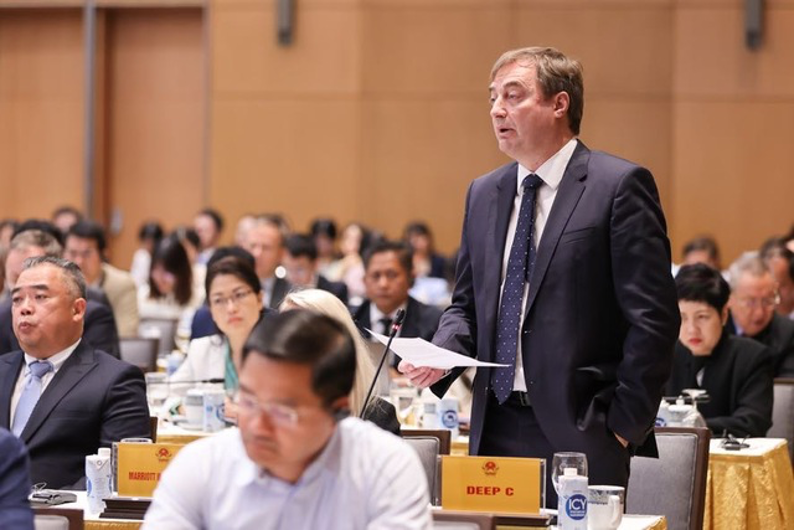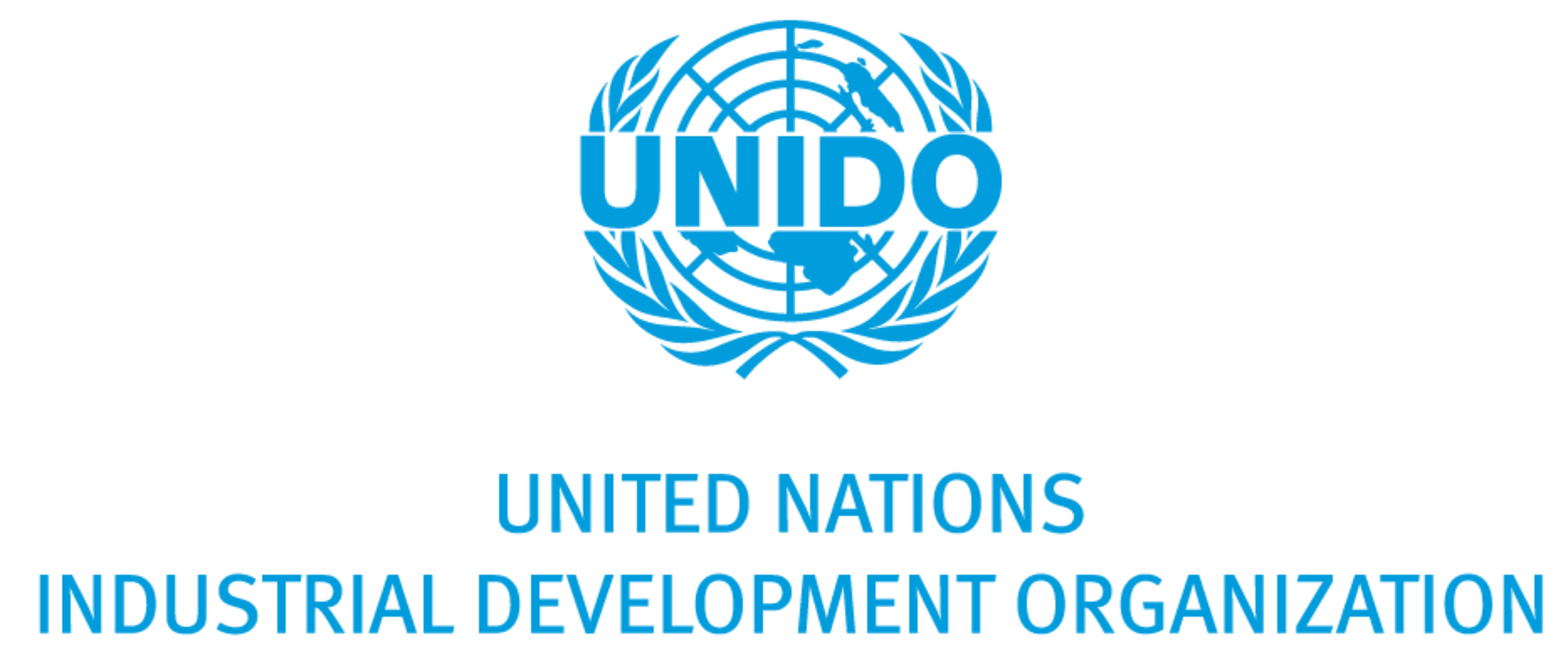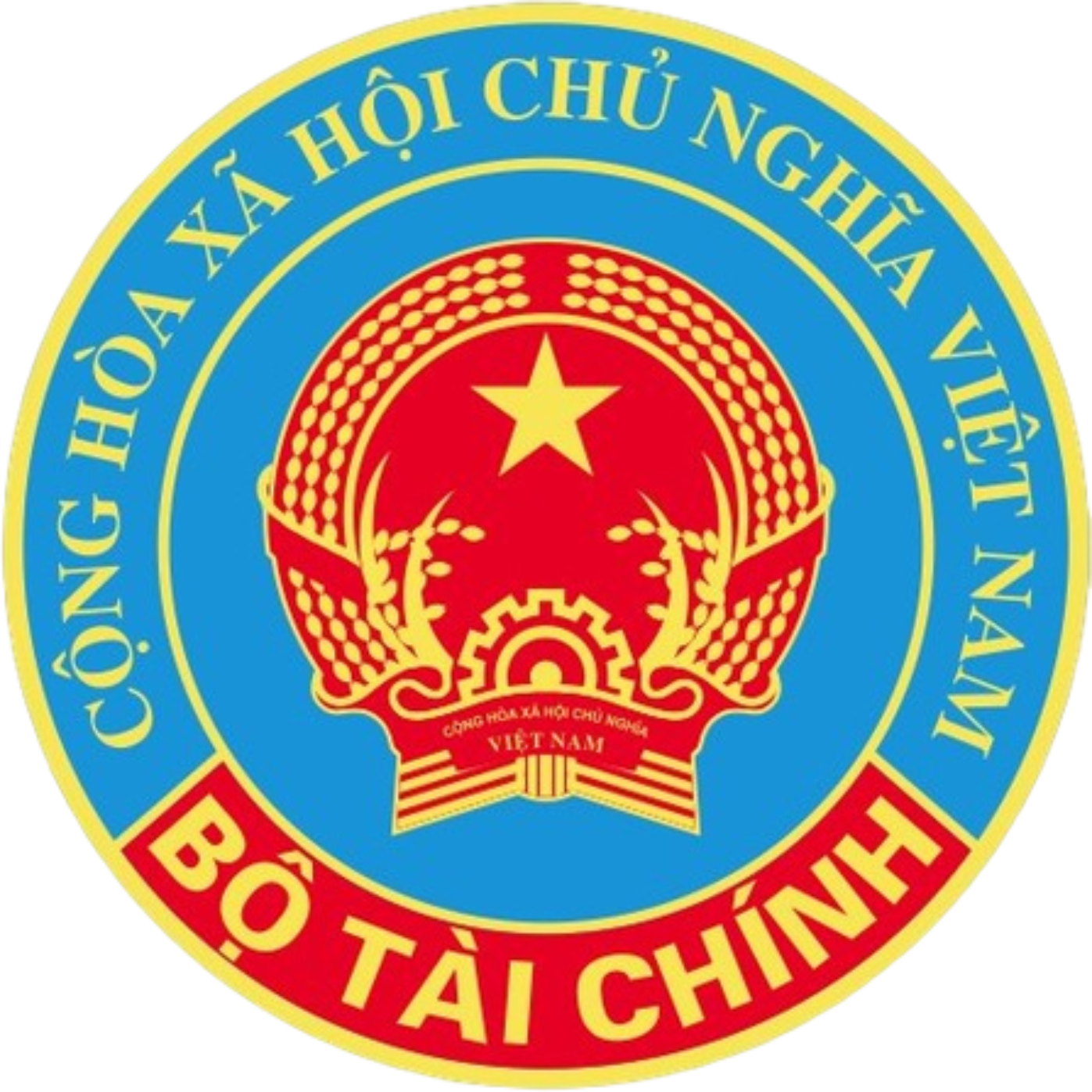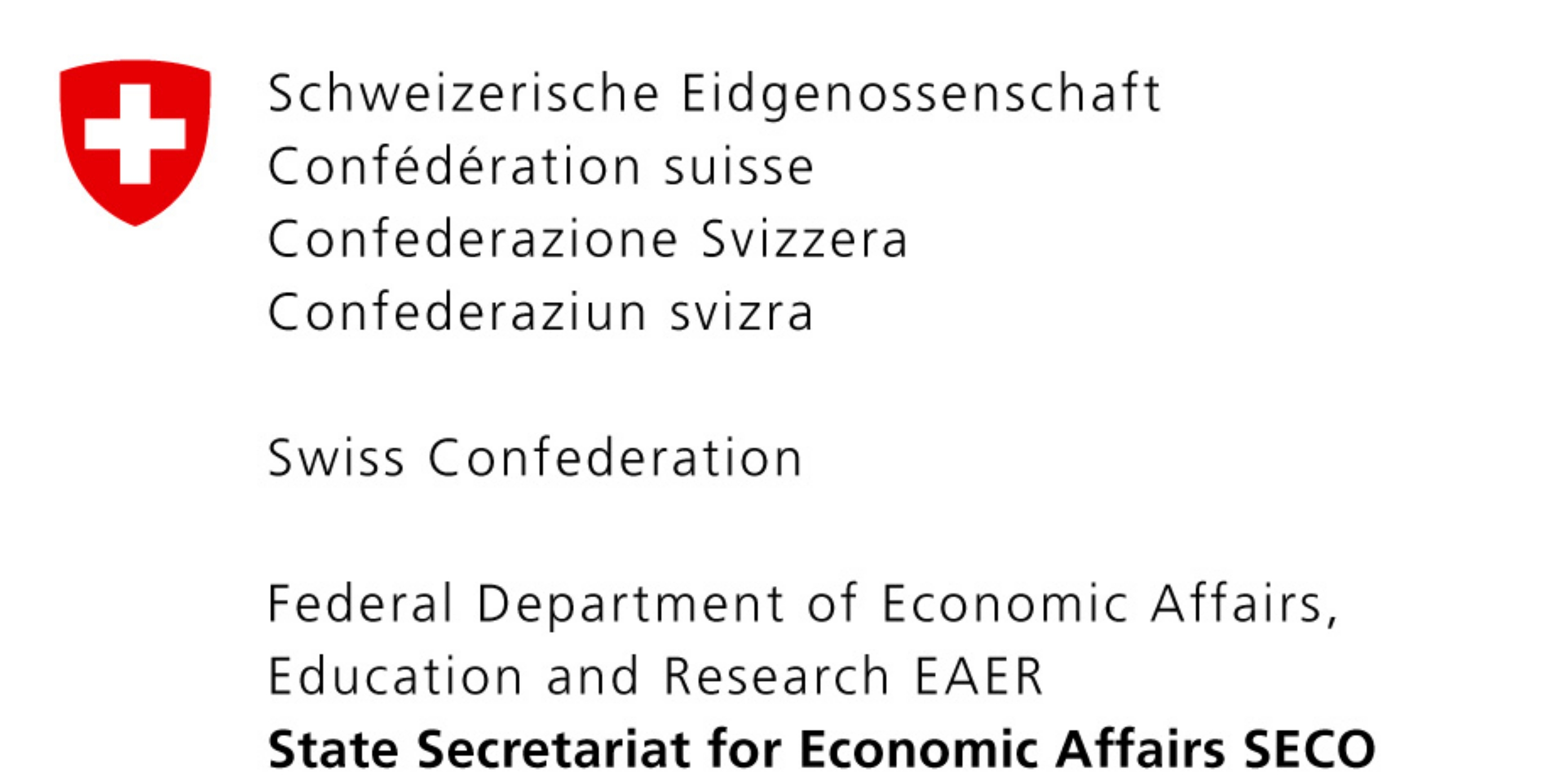On 16 October 2023, the Prime Ministers Conference with the FDI enterprises took place in Ha Noi with the theme "Companionship and development" chaired by Prime Minister Pham Minh Chinh.
Sharing about green development trends, Mr. Bruno Jaspaert, CEO of DEEPC Industrial Zones, emphasized that Vietnam’s geographical location, economic incentive policies and political stability ensure for it to become a safe destination for the investors. Deep C industrial park has been lucky enough to ride that wave of investments coming in. On this occasion, he expressed his gratitude for the active supports of state management agencies and the Government of Vietnam.

Vietnam has made a strong commitment at the COP26 with the international community to be carbon neutral by 2050 and developed action plans to achieve those goals. According to Mr. Bruno Jaspaert, the past years DEEPC has become first hand proof that transforming towards an alternative sustainable investment location is a valid strategic path to take. For this to happen there are still many steps to take and make radical choices to realise this paradigm change.
“Vietnam needs to get our head around alternative energy sources soonest. At the same time, an overhaul of the existing framework regarding circular economy and recycling is urgently due. Today DEEPC cannot resell treated waste water for lack of necessary framework so we are asked to dump it into the nearest river or sea" - Mr. Bruno Jaspaert said.
Many of those FDI companies adopt new non-financial global reporting standards on ESG. Those rules will have a profound impact on the future of business. This can offer the opportunity for Viet Nam to incorporate these at an early stage in a novel non-financial reporting system. It would make this country a sustainability pioneer a trendsetter. Currently, Vietnam is trendsetting blue print for sustainable development with its pioneering Eco-industrial Park Intervention Project implemented by the Ministry of Planning and Investment (MPI) and the United Nations Industrial Organization (UNIDO). He said that DEEPC recently has welcomed delegations from Ivory Coast, Indonesia and Australia to study the impact this approach can have. It is a proof that strategic choices can make a huge difference as well as that Vietnam can set up an example for other countries to follow. He asked the Government to consider the proposal to incentivize the eco-industrial parks by offering longer lease terms to those zones willing to subscribe to these standards and combine this with a special tax levied on those zones that can or do not want to comply with it and use that money for the authorities to set up a fund for future sustainable growth. This is the way to incentivize those investors that qualify for a new sustainable standard and agree on non-financial reporting standards. So many steps in the right directions have been taken already but the road to carbon neutrality is long. In his view it is required to develop a pragmatic strategy to allow the industrial zones and its FDI investors to become a motor for change to reach this target.
Ms. Nguyen Thi Bich Ngoc, Deputy Minister of Planning and Investment, said that, acting as the focal agency in charge of Vietnams National Green Growth Strategy, MPI has advised and submitted to the Prime Minister the Decisions and Action Plan to implement the National Green Growth Strategy, as well as coordinated with other ministries, sectors and localities to concretize them into implementation, simultaneously integrated into relevant mechanisms and policies such as the sustainable production and consumption, commitments to implement the United Nations sustainable development goals (SDGs), circular economy and COP26 commitments etc. which demonstrate the great political determination of the Government, sectors and localities at all levels in realizing sustainable development commitments.

Ms. Nguyen Thi Bich Ngoc, Deputy Minister of Planning and Investment spoke at the Conference
Ms. Ngoc agreed with recommendations related to non-financial reporting and more specific policies for eco-industrial park such as the terms of land leasing, special tax levied on those zones that cannot be converted. MPI will coordinate with relevant ministries and sectors to propose to the National Assembly and the Government in the process of adjusting tax and financial policies. For the water reuse, especially waste water reuse for industries and industrial parks, according to the provisions of law on environmental protection (Law on Environmental Protection and Decree 08/2022/ND-CP guiding the Law on Environmental Protection), the Ministry of Natural Resources and Environment (MONRE) and the Ministry of Agriculture and Rural Development (MARD) are responsible for developing technical regulations and guidelines for the use of treated wastewater. Currently, MPI is coordinating closely with other ministries to propose and complete the above regulations and standards.




